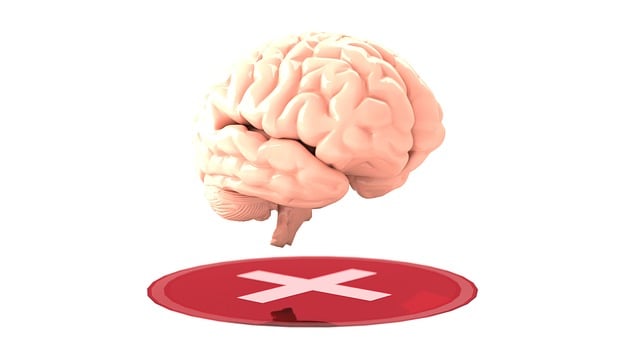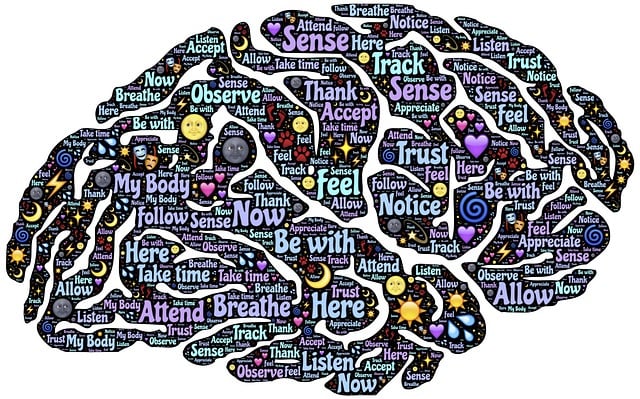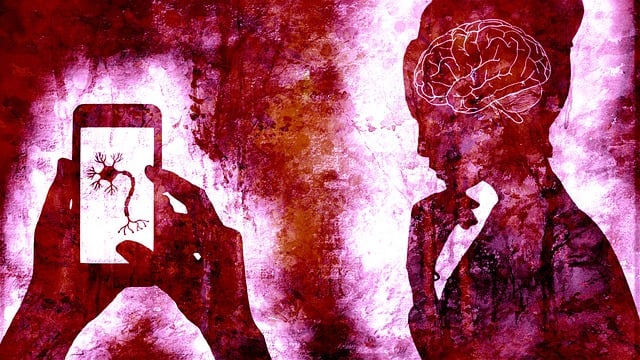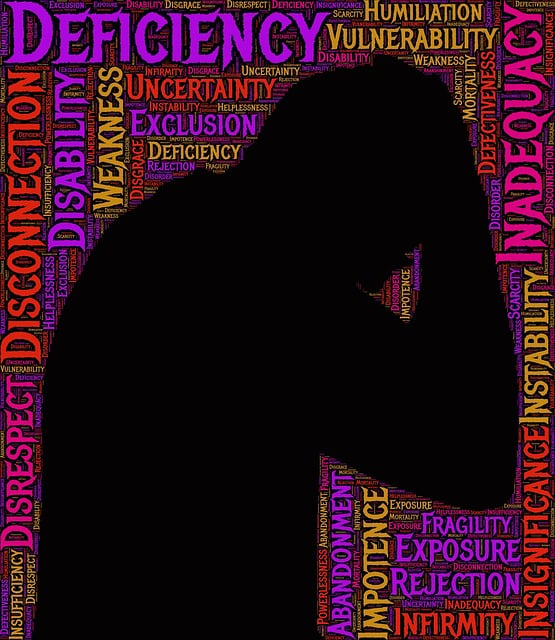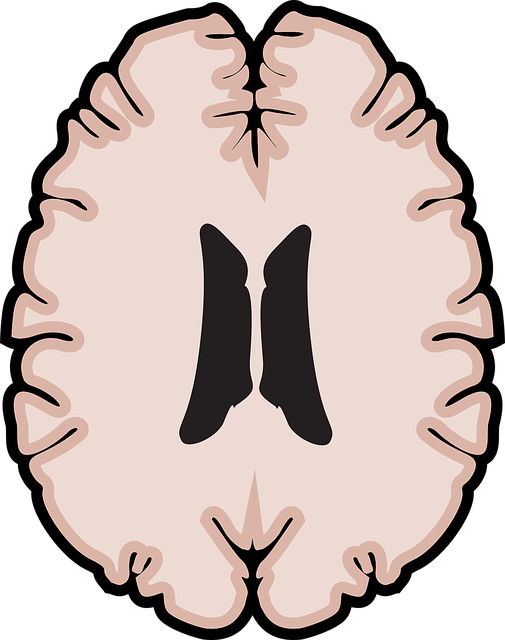Geriatric mental health crises require tailored support due to aging's impact on cognitive function, physical health, and social isolation. Hotline services offering Therapy for Geriatrics provide immediate, confidential assistance, breaking down barriers to traditional therapy. Specialized approaches like CBT, art, music, and mindfulness therapies cater to seniors' unique needs, preventing depression through creative outlets and coping mechanisms. Effective hotline utilization involves clear communication and cultural sensitivity, leading to personalized therapy tailored to geriatrics' specific requirements, enhancing mental wellness with follow-up care.
In today’s fast-paced world, mental health crises among seniors are on the rise. Understanding geriatric mental health is crucial, as traditional approaches may not always resonate with this demographic. This article explores the vital role of crisis hotline support services in addressing these issues. We delve into specialized therapy techniques tailored for seniors and provide practical guidance on accessing effective treatment. Discover how these resources can offer much-needed assistance and promote well-being among older adults, focusing on innovative Therapy for Geriatrics.
- Understanding Geriatric Mental Health Crises
- The Role of Hotline Support Services
- Specialized Therapy Approaches for Seniors
- Accessing and Utilizing Crisis Hotlines Effectively
Understanding Geriatric Mental Health Crises

Geriatric mental health crises often present unique challenges due to the complex interplay of aging and psychological factors. As individuals age, they may experience cognitive changes, physical health issues, and social isolation, all of which can contribute to mental distress. Understanding these specific needs is crucial when providing support services for seniors. Many older adults might prefer a more personalized approach to therapy, considering their life experiences and potential cultural backgrounds.
Social Skills Training and Communication Strategies tailored to geriatric populations are essential components of effective mental health care. Cultural Sensitivity in Mental Healthcare Practice plays a vital role in ensuring that hotlines cater to diverse elderly individuals. By recognizing and addressing these specific requirements, hotline support services can offer more comprehensive assistance, enhancing the overall well-being of older adults facing mental health crises.
The Role of Hotline Support Services

Hotline support services play a vital role in addressing mental health crises, offering immediate and accessible therapy for geriatrics who may be struggling with various issues. These services provide a safe space for individuals to express their concerns, seek guidance, and receive emotional support from trained professionals. Many older adults face unique challenges such as loneliness, depression, and anxiety, which can lead to burnout prevention if left unaddressed.
By offering confidential conversations, hotline support encourages self-care practices and facilitates self-esteem improvement. The professional advisors are equipped to provide crisis intervention, refer individuals to appropriate resources, and offer strategies for coping with difficult emotions. This immediate assistance can be a game-changer in managing mental health, ensuring that geriatrics receive the help they need without the barriers often associated with traditional therapy.
Specialized Therapy Approaches for Seniors

Specialized therapy approaches tailored for seniors play a pivotal role in addressing unique mental health challenges faced by this demographic. With age often comes a myriad of factors contributing to poor mental wellness, including social isolation, chronic illnesses, and cognitive changes. Geriatric-specific therapies recognize these complexities and employ strategies that cater to the physical and emotional needs of older adults. One such approach is cognitive behavioral therapy (CBT), which helps seniors identify and challenge negative thought patterns and behaviors associated with depression and anxiety.
Additionally, art therapy, music therapy, and mindfulness practices have proven effective in enhancing mental wellness among the elderly. These therapeutic interventions offer creative outlets for expression, promote relaxation, and foster a sense of calm. Depression prevention is a key focus, as these therapies assist seniors in developing coping mechanisms to manage stress and improve overall mood. Mental wellness journaling exercises guided by professionals can also be integrated into treatment plans, encouraging self-reflection and providing a private space for seniors to document their emotional journeys.
Accessing and Utilizing Crisis Hotlines Effectively

Accessing crisis hotline support services is a vital step towards seeking help for mental health issues. These hotlines are designed to provide immediate assistance and guidance, offering a safe space for individuals to share their concerns and connect with trained professionals. For geriatrics facing emotional challenges, navigating these resources can be transformative. The process often begins by dialing a dedicated number, where trained volunteers or specialists answer, ready to lend a supportive ear.
Effective utilization involves being clear and concise during the initial interaction, explaining the nature of distress and any specific concerns. Cultural sensitivity in mental healthcare practice is crucial here; understanding diverse backgrounds ensures tailored support. The hotline can then facilitate connections to appropriate therapy for geriatrics, including emotional healing processes tailored to their unique needs. Additionally, some services offer follow-up checks, ensuring continuity of care, which can significantly enhance overall mental wellness. This immediate access to support acts as a powerful tool in promoting and maintaining mental health, particularly when integrated with other resources like Mental Wellness Podcast Series Production, catering to diverse preferences for seeking guidance.
Mental health crises among seniors, or geriatric mental health, require specialized attention. Hotline support services play a pivotal role in providing immediate assistance and guiding individuals towards effective therapy for geriatrics. By understanding the unique challenges faced by older adults, we can ensure access to appropriate resources. Specialized therapy approaches tailored to their needs can significantly improve outcomes. Effective utilization of crisis hotlines is key, offering a safe space for seniors to connect with trained professionals who can offer guidance and support during turbulent times.
